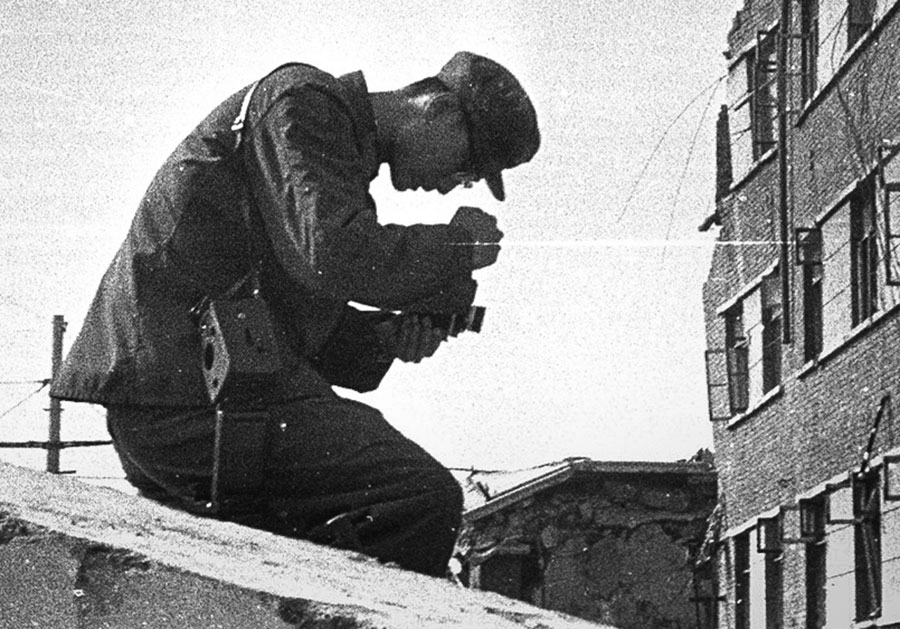Tangshan earthquake 'changed everything'
Updated: 2016-08-01 07:42
By ZHAO XU(China Daily)
 |
|
Wang Wenlan, now a China Daily photographer, is shown documenting the rescue mission when he participated as a soldier in 1976. [Photo/China Daily] |
Miraculous survival
Today, the 63-year-old vividly remembers the journey to Tangshan, 200 kilometers north of Beijing.
"We set off at 9 am, six hours after the earthquake wreaked havoc. It took 20 hours due to all the damage done to roads and bridges," he said.
"When night fell, a deadly silence also fell. For most people, the fight for life was over. Occasionally, there would be the sound of wheels grinding on the rugged-and ruptured-ground. Seriously injured people, and probably their remains, were being carried away on carts."
Given all that, the survival of Lu was a sheer miracle. "Eight days into the rescue, soldiers had stopped finding new survivors. Then, at noon on the 13th day after our arrival, I was told that a trace of life had been discovered underneath the crumbled structure of a hospital," said Wang, who rushed to the site. "With no heavy machinery, all the digging had to be done by hand."
The effort went on for seven hours. By the time the last concrete slab was about to be lifted, Wang put down his spade and took up his camera.
"It was 7 pm. Night had started to invade, but there was still enough light for a picture," said Wang, who just that morning had checked out of a makeshift hospital.
The hospital consisted of some tents in a sea of rubble.
"I was lying there for a week. Malaria was strongly suspected, since all of us had been drinking from a nearby swimming pool since day one," he said.
"At one point, with swarms of flies droning overhead and the mixed smell of rotting bodies and sterilizing bleach in our nostrils, I seriously thought about death. But then a doctor inspected me and suggested drinking iodine tincture.
"I recovered just in time to take Lu's picture," said Wang, who took about 1,000 pictures altogether.
